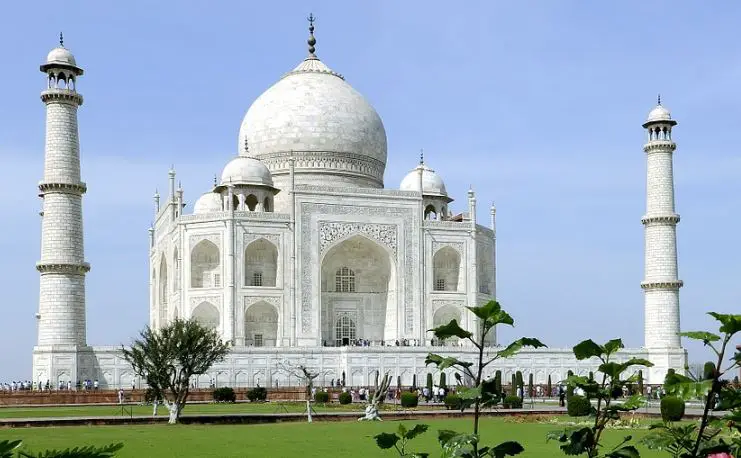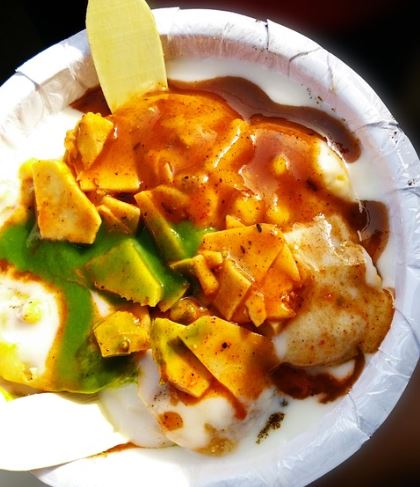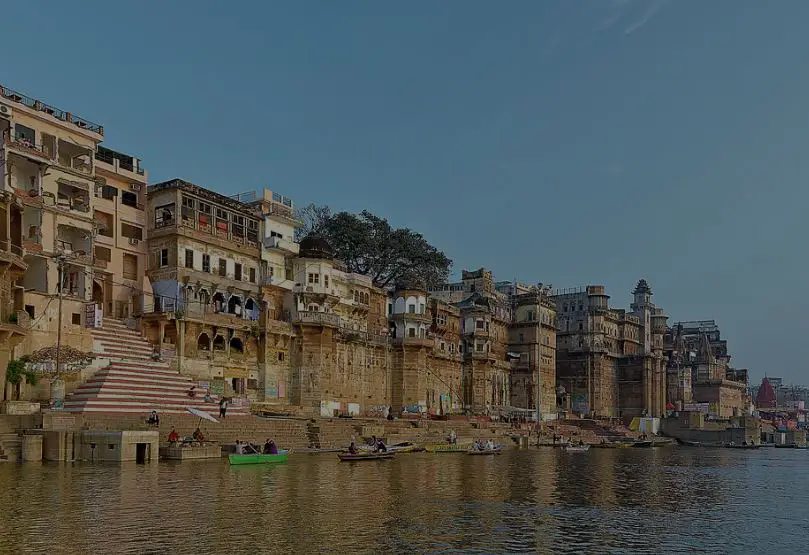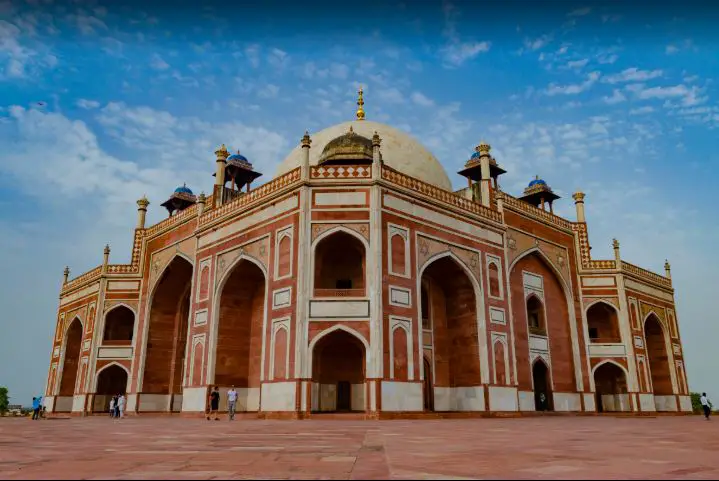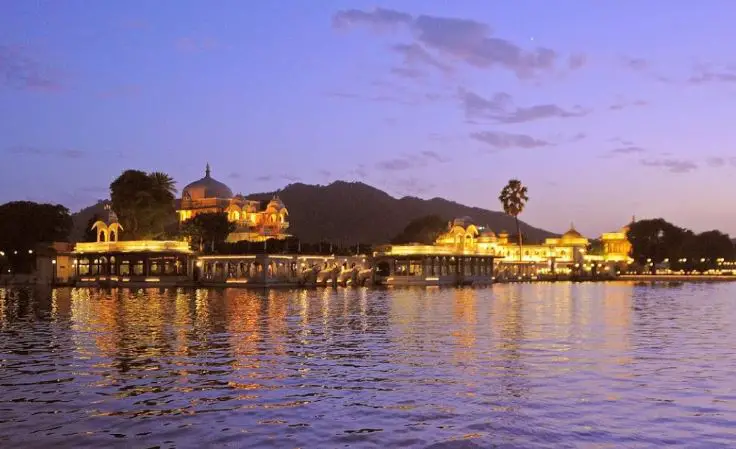Can I drink tap water in India?
Post ByAdequate Travel
Summary
Tap water in India is a subject of debate, with many wondering if drinking it is safe. In this blog, we will discuss if tap water is safe to drink in India and what precautions one should take when deciding to drink tap water in this country. It's essential to stay updated with international travel information, especially when planning a foreign trip, to navigate any changes in travel advisory or travel warnings.Can I drink tap water in India?
It is generally not recommended to drink tap water in India, especially for foreign travelers who may not have built up immunity to the local water supply. However, the situation can vary depending on the location and quality of water sources.
Reasons for not drinking tap water in India:
Poor water quality: The tap water in many parts of India lacks proper purification and often contains contaminants such as bacteria, viruses, parasites, and chemical pollutants. These can cause waterborne diseases like diarrhea, typhoid, cholera, and hepatitis.
Infrastructure issues: The water supply infrastructure in India may not be well-maintained or up to international standards, leading to leaks, contamination, or inadequate treatment processes.
Possible cultural adjustments: Even if the tap water is considered safe by local standards, it may still pose a risk to foreign visitors due to differences in sanitation practices or water treatment methods. The human body may not be accustomed to certain local bacteria or pathogens.
Alternatives to tap water:
Bottled water: The most reliable option is to drink bottled water from reputed brands. Look for sealed bottles and check the manufacturing date to ensure freshness.
Filtered or boiled water: If you have access to a water filter or can boil water, it can help remove or kill harmful pathogens. This method may be suitable for long-term stays or when staying in a place with a trustworthy water filter system.
Purification tablets or drops: Portable water purification tablets or drops can be used to treat tap water and make it safe for consumption. These can be easily carried while traveling and provide an additional layer of protection.
Exceptions and precautions:
In some developed urban areas or upscale hotels/restaurants, the tap water might be safe to drink. However, it is still advisable to confirm with local authorities or the hotel staff before consuming tap water. Taking precautions to avoid waterborne diseases is crucial, so following these tips will help:
Only consume water from trusted sources.
Avoid using ice cubes in beverages that may come from unfiltered water.
Wash fruits and vegetables thoroughly with clean water, or peel them if necessary.
Use bottled or treated water for brushing teeth and rinsing mouth.
Avoid swallowing water while taking showers or swimming in pools that might use untreated water.
Carry a reusable water bottle and refill it from trustworthy sources.
Suggested Questions
- Lambi Dehar Mines, Mussoorie, Uttarakhand: Horror Story, History & Paranomial Activities
- Ramoji Film City, Telangana: Horror Story, History & Paranomial Activities
- Vrindavan Society, Thane, Maharashtra: Horror Story, History & Paranomial Activities
- Sanjay Gandhi National Park, Maharashtra: Horror Story, History & Paranomial Activities
- Brij Raj Bhavan Palace, Rajasthan: Horror Story, History & Paranomial Activities
- Feroz Shah Kotla Fort, Delhi: Horror Story, History & Paranomial Activities


